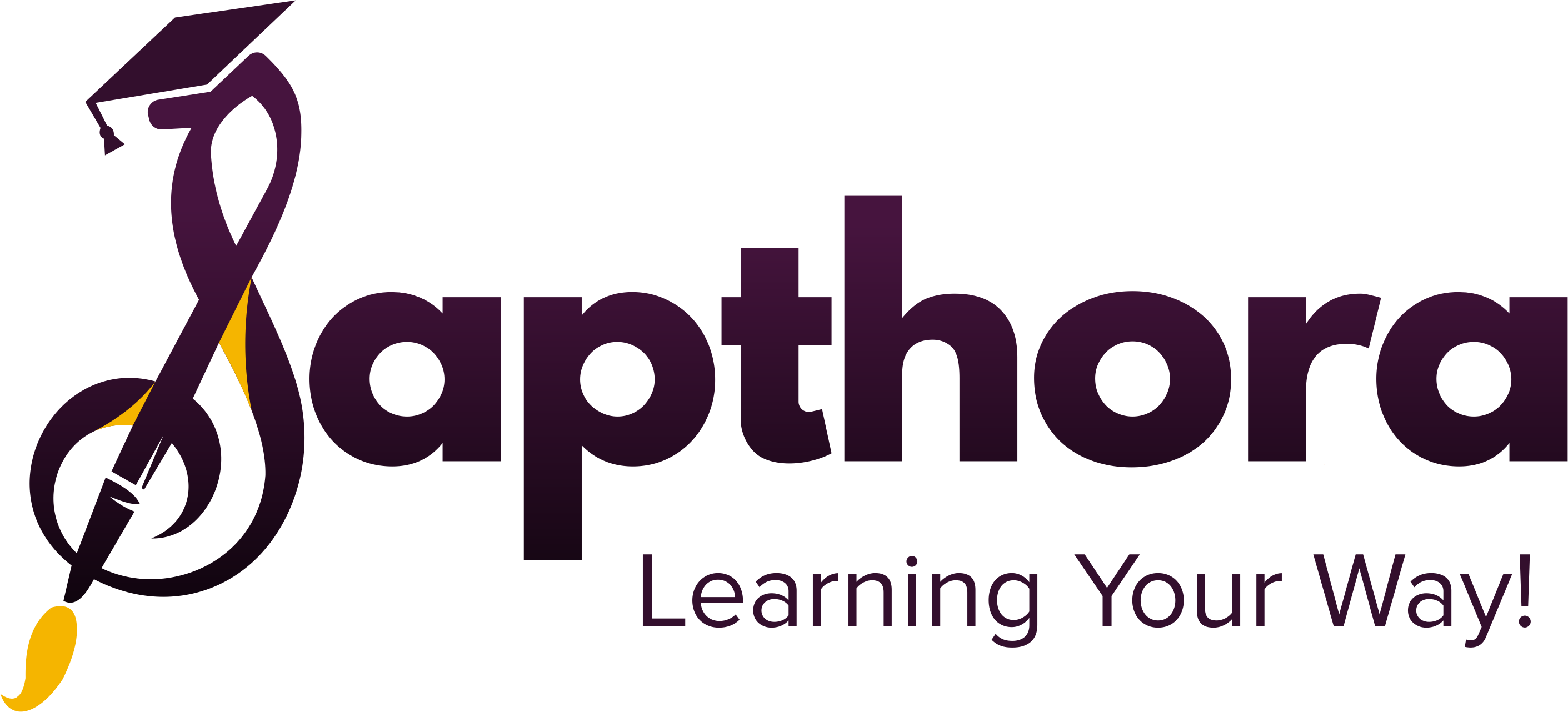Online Learning: Embracing the Power of Virtual Education

Introduction:
In the digital age, the proliferation of online platforms has revolutionized the way we acquire knowledge. Traditional offline learning, once the dominant approach, now shares the stage with its virtual counterpart. As education transcends physical boundaries, an ongoing debate ensues regarding the superiority of online or offline learning. This article aims to shed light on this topic, exploring the advantages and considerations of each approach, ultimately guiding you towards the optimal path for knowledge acquisition.
Online Learning: Embracing the Power of Virtual Education
Flexibility and Accessibility:
Online learning provides unparalleled flexibility, enabling learners to access educational content anytime, anywhere. With a plethora of courses and resources available at their fingertips, individuals can tailor their learning schedules to fit their personal and professional commitments. Whether it’s pursuing higher education, mastering a new skill, or deepening one’s knowledge in a specific area, online learning allows learners to learn at their own pace and convenience.
Diverse Learning Formats:
Online platforms offer a wide array of learning formats, including video lectures, interactive modules, virtual simulations, and discussion forums. This variety enhances engagement and caters to diverse learning styles. Learners can choose the format that best aligns with their preferences and learning objectives, resulting in a more personalized and enriching educational experience.
Global Community and Networking:
One of the significant advantages of online learning is the ability to connect with a global community of learners and experts. Discussion forums, social media groups, and online collaboration tools facilitate interaction and knowledge sharing, fostering a vibrant learning ecosystem. Networking opportunities abound, allowing learners to connect with like-minded individuals, industry professionals, and mentors from around the world, expanding their horizons and opening doors to new opportunities.
Offline Learning: The Enduring Appeal of Traditional Education
In-person Interaction and Engagement:
Offline learning, rooted in traditional education, places a strong emphasis on face-to-face interaction between learners and instructors. Classroom settings, workshops, seminars, and group discussions enable dynamic exchanges, immediate feedback, and lively debates. The physical presence of peers and mentors fosters a sense of community, promoting collaboration, teamwork, and interpersonal skills development.
Personalized Guidance and Mentoring:
In offline learning environments, learners benefit from direct access to experienced educators and mentors. These experts provide personalized guidance, mentorship, and individual attention to address learners’ specific needs and challenges. Through direct interactions, instructors can gauge learners’ progress, identify areas of improvement, and offer tailored support, enhancing the overall learning experience.
Practical Hands-on Experience:
Certain disciplines, such as scientific experiments, fine arts, and vocational training, require hands-on experience that is better suited to offline learning. Laboratories, art studios, and apprenticeships provide opportunities for practical application and skill development, which can be challenging to replicate in an online setting. Physical engagement with tools, materials, and real-life scenarios fosters a deeper understanding and mastery of the subject matter.
Choosing the Optimal Path:
The choice between online and offline learning depends on various factors, including individual learning preferences, specific educational goals, and the nature of the subject being studied. A blended approach that combines the strengths of both methods can also be a viable option.
Consider the following when making your decision:
Learning Style: Reflect on your preferred learning style and identify which approach aligns better with your needs. Are you a self-directed learner who thrives in a flexible online environment, or do you benefit from the structure and in-person interactions of offline learning?
Educational Goals: Evaluate your long-term educational goals. Determine whether online or offline learning better aligns with your aspirations and the specific requirements of your desired field or profession.
Subject Matter: Consider the nature of the subject you wish to study. Some subjects may be better suited for online learning, while others may necessitate hands-on experience and personal guidance.
Conclusion:
In the age-old debate of online vs offline learning, there is no one-size-fits-all answer. Both approaches possess unique strengths and considerations. Ultimately, the optimal path for knowledge acquisition depends on your individual circumstances, learning style, and educational goals. By understanding the advantages and nuances of each approach, you can make an informed decision and embark on a learning journey that maximizes your potential. Embrace the boundless opportunities of online learning, revel in the interpersonal dynamics of offline learning, or find the perfect blend that suits your needs – the choice is yours to make.
AUTHOR :- ANISH SAXENA DATTA
(LEAD – CUSTOMER SUPPORT AT SAPTHORA )




Responses